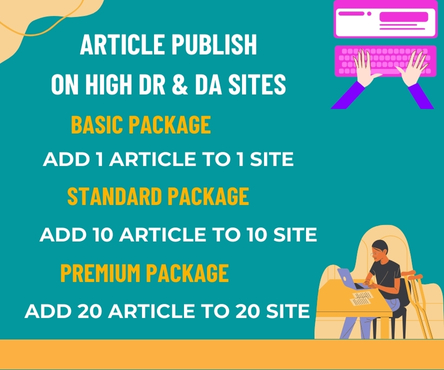The effectiveness of trucking operations is critical to the global success of enterprises in the dynamic world of logistics and transportation. The Trucking Management System is one of the main components enhancing this efficiency (TMS). This advanced software programme has grown to be a vital resource for businesses trying to improve overall logistics performance, cut expenses, and streamline operations. We’ll discuss two major factors that make a trucking management system essential for efficient logistics management in this post.
- Improved Efficiency of Operations: A number of parties are involved in the complex web of logistics, including shippers, transporters, and consignees. Efficiently coordinating various entities is a challenging endeavour, and manual processes frequently result in inefficiencies, delays, and higher operating expenses. Several parts of trucking operations can be automated and optimised with the help of a trucking management system, which increases efficiency in the following ways:
- Optimisation of Route: To find the most efficient routes, TMS uses sophisticated algorithms to examine a variety of variables, including traffic patterns, delivery timetables, and fuel prices. TMS reduces fuel consumption and travel time by optimising routes, which lowers operating costs and expedites delivery.
- Intelligent Monitoring and Observation: Real-time visibility into the entire transportation process is made possible with TMS. This entails keeping tabs on delivery progress, tracking the whereabouts of trucks, and forecasting any delays. Businesses that have this kind of visibility are better able to anticipate problems, give consumers precise delivery predictions, and make data-driven decisions that enhance overall performance.
- Automated Compliance and Documentation: In the trucking sector, paperwork management and regulatory compliance are time-consuming responsibilities. Processes involving documentation, such as bill of lading, regulatory compliance, and invoicing, are automated by TMS. This lowers the possibility of mistakes and guarantees that every operation complies with industry norms and laws.
- Reduction of Expenses and Optimisation of Resources: Beyond increasing operational effectiveness, a trucking management system’s implementation greatly lowers costs and maximises resource utilisation. As follows: Combustion Efficiency: Through optimised route planning, TMS helps to minimise fuel consumption, an important expense in the trucking business. TMS assists trucks in choosing the most fuel-efficient routes, which results in significant cost savings. It does this by taking into account variables like traffic patterns and fuel prices.
- Asset Utilisation: TMS helps businesses make the most of their fleet’s usage. Companies may maximise each truck’s capacity by utilising features like load consolidation and intelligent scheduling, which lowers the amount of empty kilometres driven and, as a result, lowers total operating expenses.
- Management of Inventory: In logistics, effective inventory management is essential. By offering real-time information into shipments and inventory status, TMS assists businesses in maintaining ideal inventory levels. This lowers the risk of missed sales opportunities, lowers holding costs, and avoids overstocking or stockouts.
In summary:
In summary, a trucking management system is a game-changing tool for logistics and transportation organisations. In the highly competitive and ever-changing trucking sector, TMS is positioned as a vital tool thanks to its improved operational efficiency, cost savings, and resource optimisation. A strong trucking management system is an important strategic investment for companies looking to enhance their supply chain operations in the long run.

